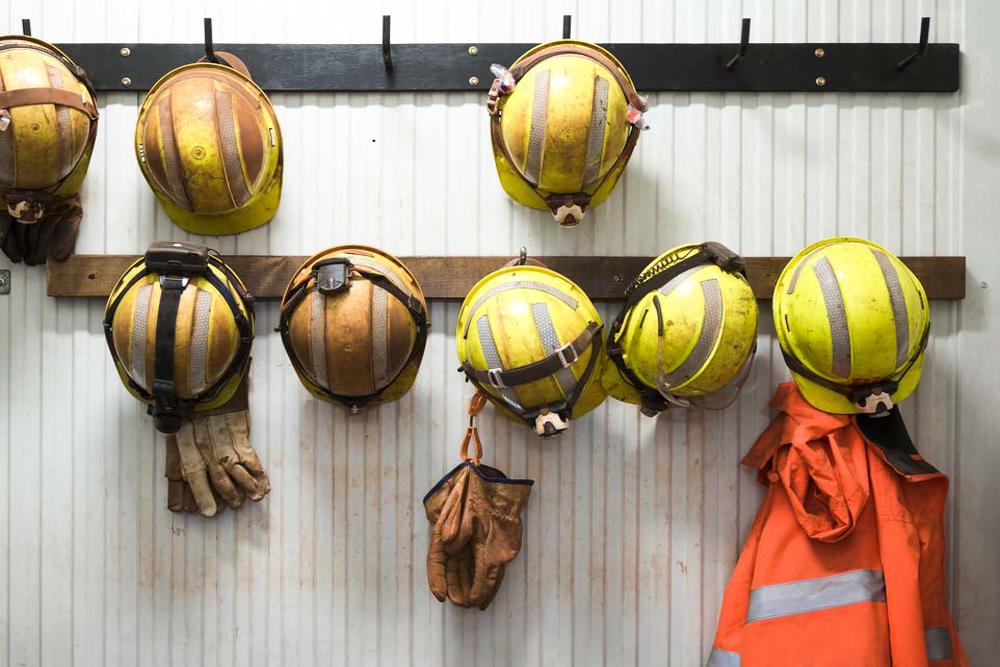
The Workplace Gender Equality Agency (WGEA) has released new data highlighting areas for employer action in preventing and responding to work-related sexual harassment.
The results, covering over five million Australian employees from more than 7,000 medium and large employers, provide insights into workplace initiatives following the introduction of the positive duty to ensure safe workplaces.
Key findings include:
- Nearly 99 per cent of employers have formal policies on work-related sexual harassment and discrimination
- 28 per cent of employers are not monitoring the prevalence of sexual harassment
- 85 per cent of CEOs are actively involved in reviewing, signing off, and communicating these policies
- Only 55 per cent of Boards are similarly engaged in policy implementation
WGEA CEO Mary Wooldridge emphasised that while comprehensive policy coverage is crucial, it is only the first step.
“Long-term culture change within organisations also requires employees and company leaders to know the policy, understand what’s in it and the part they play in its implementation,” she stated.
The data also revealed that:
- 98 per cent of employers have processes for disclosing sexual harassment to HR or designated staff
- 68 per cent offer anonymous disclosure processes
- 88 per cent provide training to their workforce, primarily at induction and/or annually
Wooldridge highlighted the need for proactive engagement by leadership, noting that CEOs and Boards can play a more significant role in fostering a safe and respectful culture.
While progress is evident, the WGEA results indicate areas for improvement, particularly in monitoring prevalence and ensuring consistent leadership involvement.
The agency plans to release a comprehensive analysis of private sector performance on workplace gender equality in the upcoming Australia’s Gender Equality Scorecard – 2024.













